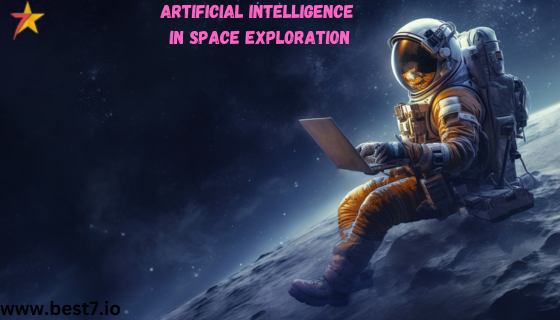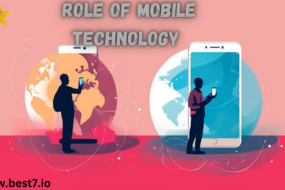
In the long run, artificial intelligence (AI) might prove to be an inflection point in space missions. AI technologies will be gradually integrated into almost everything related to space exploration, from data analysis, navigation, and decision-making support, to operational actions. As they work towards exploring the universe more efficiently, the increasing dependence on AI will be permanent to help them achieve their massive dreams.
The Role of AI in Astronautics and Its Significance
Space is a unique environment that comes with its own set of challenges. The amount of data produced in modern space missions is daunting. The Mars Rover Perseverance — launched in July of 2020, for example, carries among its payload of scientific instruments the capacity to collect terabytes worth of data every day. Data collected during these missions needs to be analyzed quickly to support continuing operational decisions and scientific research.
Enhancing Data Analysis with Machine Learning
The collected data will be processed using AI technologies to support the analysis of this data and interpretation of results. Above the data layer, machine learning algorithms are built to automatically find patterns and anomalies within it, reinforcing scientists with their decisions (in real-time situations). It could greatly reduce fuel consumption on space missions and yield higher-quality scientific research.
Navigating the Cosmos with Precision
But moving through the harshness that makes up the realms of space is anything but simple, requiring exactitude and flexibility. AI systems onboard future spacecraft will enable even safer navigations and better decision-making capabilities. Automated spacecraft powered by artificial intelligence endeavors will fly through our solar system and beyond, reducing the imperative of continuous human supervision.
AI in Autonomous Spacecraft Missions
AI systems will refine flight paths and impact trajectories in real-time as spacecraft travel to far-off places. These advancements help missions reach their destinations faster and with less fuel. NASA’s Artemis program exemplifies this, with autonomous lunar landers leveraging AI to ensure safe landings and higher mission success rates.
Transforming Robotic Exploration
AI-equipped robotic systems will be used to conduct experiments, collect data, and investigate cosmic bodies. For example, the Mars 2020 mission’s Perseverance rover is designed to autonomously analyze its surroundings and select features for further study. Onboard AI algorithms support navigation in rough terrains and process data into actionable decisions.
Expanding AI’s Potential in Planetary Exploration
As robotic missions extend their reach, the potential for AI in planetary exploration will amplify. Future missions to asteroids, moons, and other planets will rely on AI to collect and analyze data more effectively. Robots that can learn from their environment will be able to perform advanced tasks with minimal human intervention.
Revolutionizing Satellite Systems
Satellite systems are also poised to benefit from AI. As the number of spacecraft increases, efficiency in handling and operation must improve. AI technologies will enhance satellite performance, streamline data collection processes, and advance communication capabilities.
AI in Remote Sensing Applications
Through AI-powered remote sensing, satellites can capture and process data about Earth’s surface and atmosphere. Machine-learning algorithms will monitor environmental changes, measure climate patterns, and report natural disasters, enabling more effective disaster response and ecological insights.
Real-Time Processing and Enhanced Research
AI is transforming how data from space missions is processed. Legacy data analysis often caused delays, but AI applications enable real-time data analysis, allowing scientists to adapt mission protocols on the fly.
Overcoming Technological Challenges in Space
Yet, while AI supports space exploration, it faces significant challenges. Developing reliable AI systems for the harsh space environment is no small feat. Integrating AI technologies with existing spacecraft and systems requires a collaborative effort among engineers, scientists, and technologists.
Advancing Human Spaceflight with AI
AI’s role in human spaceflight is expanding. It will assist astronauts with safety measures, real-time feedback, and communication, while AI-supported virtual assistants will help manage daily tasks and crew well-being on long-duration missions.
International Collaboration in AI and Space Exploration
International cooperation is critical for advancing AI in space exploration. Joint missions allow nations to unite resources and knowledge, accelerating the development of AI-driven technologies and fostering global collaboration.
Broad Implications of AI for Earth and Beyond
AI’s impact extends beyond space exploration. Advances in machine learning and data analysis benefit fields like healthcare, environmental monitoring, and disaster response on Earth. Moreover, AI inspires the next generation of scientists and engineers, fueling innovation and curiosity.
A Future Shaped by AI in Space Exploration
As humanity continues its journey into space, reliance on AI will grow. From identifying new worlds to understanding cosmic events, AI promises unprecedented discoveries. The next chapter of space exploration, driven by AI, will transform our understanding of the universe and inspire future generations to dream beyond the stars.












